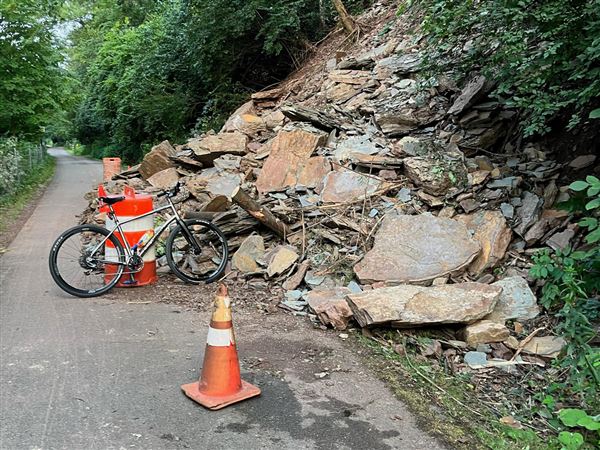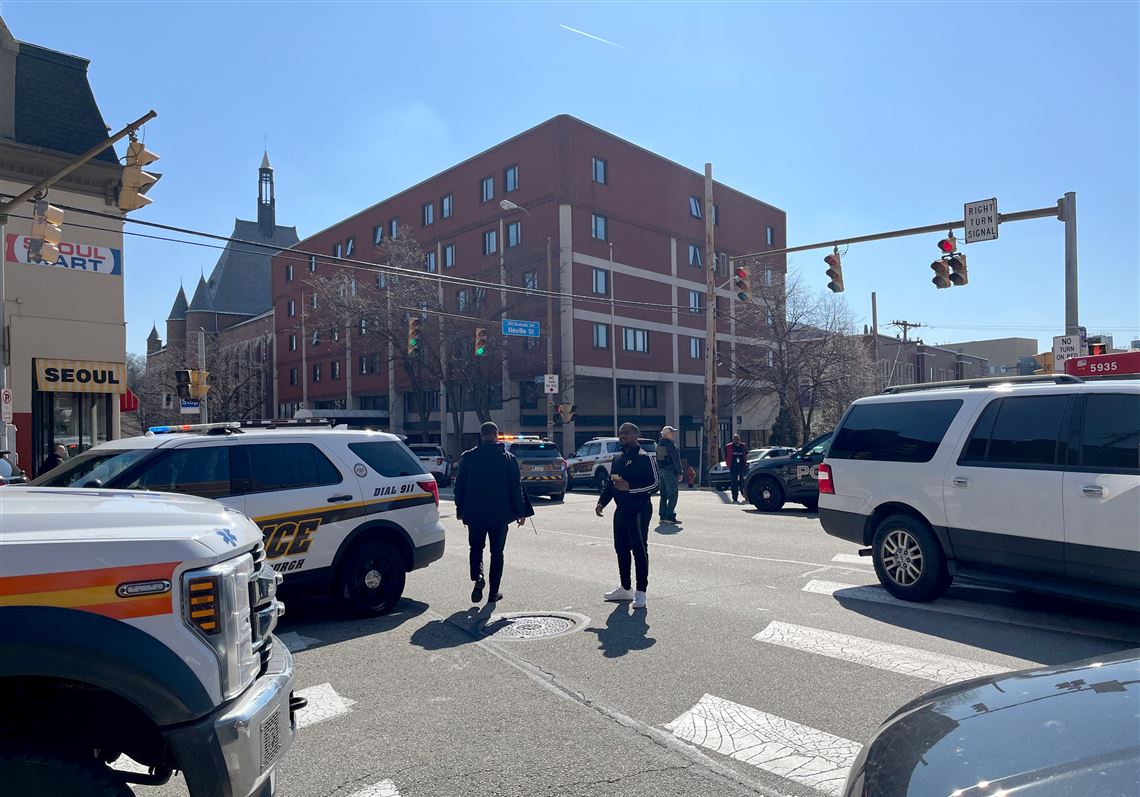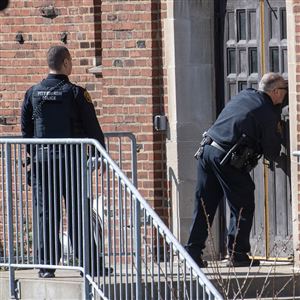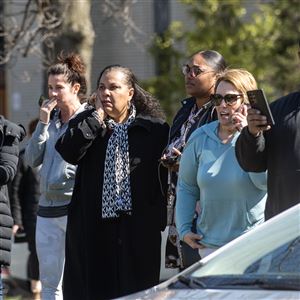Numerous 911 calls falsely reporting active shooters rattled schools across Pennsylvania on Wednesday, including two in Pittsburgh, prompting mass police responses and lockdowns.
Police were deployed to Central Catholic and Oakland Catholic, and by noon Pittsburgh Public Safety officials confirmed that the scenes were clear. Pennsylvania State Police were investigating a series of similar calls warning of active shooters or bomb threats at schools across the state.
The fake calls are a category of a dangerous practice known as “swatting,” or making hoax 911 calls to provoke a large-scale law enforcement response. As Pennsylvania schools grappled with Wednesday’s scare, the FBI’s Pittsburgh field office released a statement saying the agency takes swatting “very seriously” as it “puts innocent people at risk.”
“We urge the public to remain vigilant, and report any and all suspicious activity and/or individuals to law enforcement immediately,” the FBI said.
Here’s what you should know about swatting and its dangers.
What is swatting?
Swatting is a harassment technique that involves calling 911 and falsely reporting a serious emergency, such as a bomb threat, hostage situation or school shooting, to draw law enforcement — usually a SWAT team – to a particular place. Perpetrators use tactics such as caller ID spoofing to conceal their identity and location. The hoaxes Wednesday in Pennsylvania appeared to come from computer-generated calls, authorities said.
In a case in Wisconsin last year, two men engaged in a swatting scheme that involved hacking into Ring doorbell cameras.
The intent of swatting is to intimidate victims, as the fake calls can trigger an aggressive emergency response from armed officers that puts people on the scene in danger.
When did swatting first emerge?
The FBI first warned the public about swatting in 2008, but it has since gained more attention as swat calls have hit schools, businesses, residential homes and other locations nationwide.
Swatting has also grown in popularity as live-streamers, particularly online gamers, have increasingly become targets.
How often does swatting happen?
That’s not entirely clear.
The Anti-Defamation League reports that swatting is on the rise, as authorities estimate that incidents have jumped from 400 cases in 2011 to more than 1,000 in 2019. But the FBI hasn’t tracked swatting as a unique category of crime, and local police departments might not distinguish swatting from making other false police reports.
Is swatting illegal?
Yes.
Reporting a fake emergency to law enforcement is a serious federal crime, even if that threat is issued by social media, email or text.
Greg Rowe, executive director of the Pennsylvania District Attorneys Association, said different swatting cases could warrant different criminal charges. Under state law, offenses that might fall under swatting could include false alarms to public safety agencies, false reports to law enforcement authorities, disorderly conduct, communications with 911 systems, or calling 911 for something other than an emergency.
While most swatting cases are handled by local and state law enforcement agencies, federal authorities have arrested numerous individuals on federal charges stemming from swatting incidents.
In one high profile case in Los Angeles, “serial swatter” Tyler Barriss was sentenced to 20 years in prison after falsely reporting a hostage situation in Kansas, which prompted police to shoot and kill a man in his home.
Are schools often the targets of swatting?
Fake calls about school shootings have become increasingly common. More than 180 schools in 28 states received false calls about threats in about a month last year, NPR reported. A WIRED investigation last year also found that sixteen states saw more than 90 false reports of school shooters in a period of just three weeks.
In recent months, swatting calls specifically targeting schools have swept across several states. On Tuesday, at least 28 Massachusetts schools were targeted with hoax school shooting calls. Last week, Iowa law enforcement received approximately 30 false calls about alleged school shooters across several school districts. In February, more than a dozen schools in Colorado were hit by false reports ranging from bomb threats to mass shootings to “unknown incidents.”
How can I protect myself from swatting?
The Pennsylvania State Police has several recommendations to minimize one’s risk for swatting, including looking out for any personal information posted online. The department also maintains the Terrorism Tip Line (888) 292-1919 and email account tips@pa.gov, which are monitored 24/7 to report suspicious activity.
First Published: March 29, 2023, 9:48 p.m.
Updated: March 30, 2023, 11:14 a.m.



















